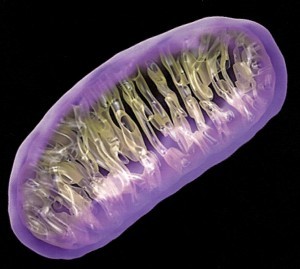Children with autism have an impaired body function, according to a new study. They are significantly poorer nutritionally and metabolically than neurotypical children. They have also been found to be less able to get rid of toxins from their bodies.
 Professor James Adams of Arizona State University, the principal investigator of the research, said the study revealed “many nutritional and metabolic abnormalities in children with autism”.
Professor James Adams of Arizona State University, the principal investigator of the research, said the study revealed “many nutritional and metabolic abnormalities in children with autism”.
The researchers evaluated 55 children with ASD compared to 44 neurotypical children of similar age and gender.
The researchers, funded by the US-based Autism Research Institute and the Legacy Foundation, found that the children with autism displayed significantly impaired nutritional and metabolic status, including biomarkers indicative of vitamin insufficiency.
The children showed increased oxidative stress, the harmful cellular condition caused by an imbalance of free radicals and antioxidants.
They also displayed a reduced capacity for energy transport, sulfation and detoxification.
The study found that several of the biomarker groups were associated with variations in the severity of autism, in line with previous published results.
Furthermore, the study’s findings of low levels of sulfate in children with ASD replicates research by Dr Rosemary Waring, a reader in human toxicology at Birmingham University. Sulfate is the third most abundant mineral in the body and sulfation is one of the main ways that the liver detoxifies the body.
Dr Waring was the first researcher to produce scientific evidence suggesting that people with autism are affected by abnormal sulfur metabolism. Her findings have been influential in biomedical interventions in autism.
Professor Adams’s study further indicates that ASD children have low levels of ATP, an important fuel for the body and the brain. This suggests they have impaired mitochondrial function, seen in decreased energy production. The link between autism and dysfunction in a cell’s mitochondria (pictured), the cell’s power producers, was featured in the spring issue of Autism Eye magazine.
Professor Adams’s study suggests that vitamin/mineral supplementation would be helpful for ‘most’ children with autism. Low levels of glutathione and increased levels of oxidized glutathione were also detected. Glutathione is a powerful anti-oxidant and one of the body’s key defences against toxins.
Professor Adams, the father of a teenage daughter with autism, will be holding a talk on his research on 16 July in London and 23 July in Sunderland. Here is the link for Professor Adams’s UK conferences: Conference Schedule
Published: 30 June 2011















